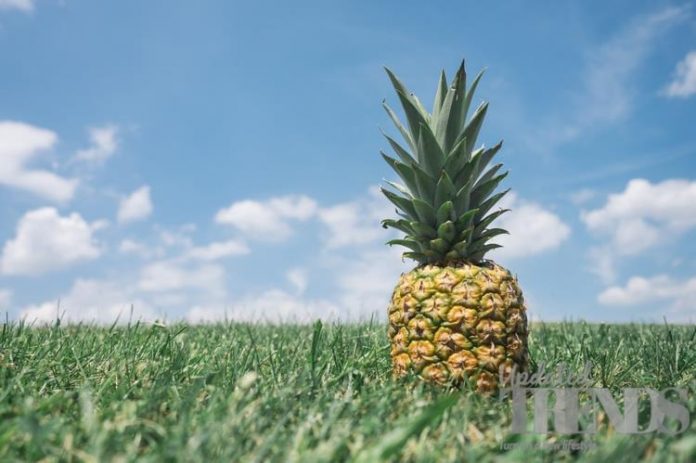Scientists and experts are everyday trying to find out new ways to prevent any further damage to the planet. An international team of expert scientists have developed a diet that it has said will improve the health while ensuring sustainable food production to reduce further damage. The diet has been named as the Planetary Health Diet which is based on cutting red meat and sugar consumption in half and increasing the intake of fruits, nuts and vegetables.
The diet plan developed after a research can prevent up to 11.6 million premature deaths without harming the planet. The report was published on January 16, 2019 in the medical journal The Lancet. The authors have warned that a global change in the diet and food production is needed as 3 billion people across the world are malnourished. This also includes those who are under and over-nourished and the food production is over stepping the environmental targets, biodiversity loss, driving climate change and pollution.
By 2050, the world population will reach at 10 billion and the authors have said that the growth and the current diet and food production habits will put the people and the planet at risk. Dr. Richard Horton, the editor in chief of The Lancet said that the stakes are very high and also noted that 1 billion people live in hunger and 2 billion people eat too much of wrong foods. The edit added that the issue of nutrition has failed to get the political attention that is given to the diseases like AIDS, malaria and tuberculosis.
Reports say that there are five strategies to ensure that people can change their diets and not harm the planet and it includes shifting the global production towards varied crops, encouraging people to eat healthier and planetary health diet, intensifying agriculture sustainability, stricter rules in terms of governing the oceans and land and at last reducing food wastage.
Photo Credits: Pixabay











